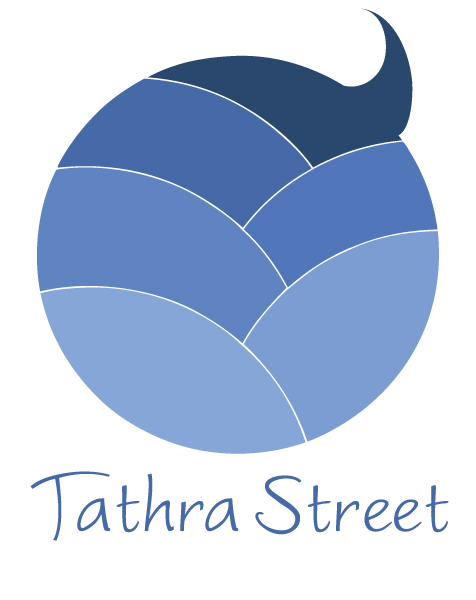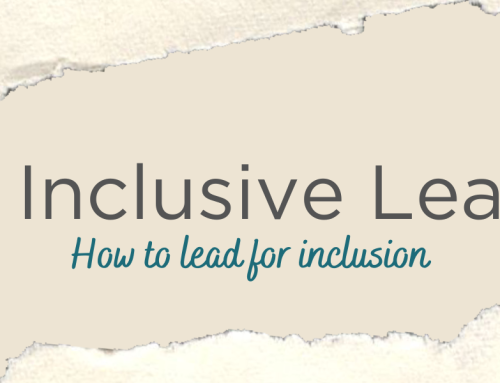It’s that time of year when consultants are busy and our clients are madly trying to spend the last dollars of the financial year and get work complete by the end of the month. It can be a bit crazy-making. It’s a time when we can forget all the tools we have to cope, get into bad habits, feel the stress coming from all angles and start to cut corners just to meet the deadlines.
I know what it can be like at this time of year. Based on my own experience and what some of my coaching clients are dealing with at the moment, EOFY can be stressful. If you’re one of the many who are flat out busy, here are some tips to help you survive the EOFY insanity!
Dealing with Stressed Out Clients
When our clients ask us to do work on tight timelines, there is bound to be stress at both ends, but we don’t need to take it on, we can be the calm, trusted advisor.
- Acknowledge their experience. Make sure they know you understand the pressure they’re dealing with, which might mean asking clarifying questions or paraphrase what you heard.
- Avoid being patronising or minimising their stress. Telling them everyone is stressed at this time of year doesn’t help. Make sure there’s no “but” after saying you get where they’re coming from.
- Reflect back how they appear to feel: frustrated, annoyed, anxious, stressed. This helps them know you get it. You understand. They may not have many other people who they can express how difficult it is for them. When you listen and they feel understood, this can build trust in your client relationship.
- Ask what they’re doing to deal with the situation , so you don’t suggest something you’ve already tried and to get context for how you can help.
- If appropriate, if they seem super stressed and you’re concerned for their wellbeing, ask how they’re coping, if they need support.
Too Much To Do
Looking at our to do list can get overwhelming at the end of the Financial Year, we have our own finances to get in order and we’re dealing with workload issues.
- Prioritise your task list. Be ruthless about what can wait and what is both urgent and important. Get real with yourself, what can you prioritise from within that list of most important things?
- Check your systems. In the back of your mind, make a mental note about what’s not working in your productivity system. Times like this expose the cracks but we tend to gloss over them. Instead we can recognise the importance of learning from the stress points.
- Delegate! If you think “only I can do it” trust me when I say it’s one of the biggest myths and risk factors for entrepreneurs. Today we have far more access to help with small (and large) tasks with ample skilled freelancers on platforms like upwork and airtasker. Take it all on yourself at your peril! Get help, and continue to look for what you can delegate to others.
Scope Creep
Here’s where having clarity on what you’re responsible for and what they are responsible for is vital. Without it, your list of deliverables can get unmanageably long and before you know it, you’re doing far more than you originally agreed to, for the same price.
- If you don’t have clarity, stop everything until you get it.
- Don’t cheapen yourself by doing more work as a “learning opportunity” and with the hope of over delivering and delighting your client. Sure there is potential benefit, but the danger is that it sets up an expectation of “more for less” and you can end up screwing your colleagues who are also trying to establish the value of the work. The last thing you want is for your client think it takes less time and effort to do the work than expected. Sometimes this is a reality and it’s a bonus when it’s authentically the case, but if it’s not, it can mislead clients and warp expectations.
- Set boundaries. When things change, don’t just roll over, let your client know what you can realistically deliver without compromising quality.
- Sadly, deflecting responsibly is a big part of our culture and as consultants we can fall into the trap of being a “pleaser” or “Yes Man”. When we’re trying to make clients happy we might find ourselves taking more responsibility than is warranted.
- If things have changed from the original plan, be really clear what you are responsible for, what they are responsible for and what you both may have contributed to.
- Be polite but firm about this. They may push back, that’s ok, recognise it as part of the frustration with the bigger picture and not necessarily about you directly. Standing your ground can engender respect instead of being seen as a doormat.
Plan time out
I can not emphasise the importance of this enough. When we work on our own, we can get really caught up in our work and forget to take care of ourselves.
- Put a date in your calendar for some time to relax and rejuvenate after the rush. You can’t give to your clients from an empty tank. Recharge!
- Find a trusted colleague who understands your work and talk about your experience. Some of us process best by talking and you might be surprised at what comes out of your mouth. It can be therapeutic and even generate ideas for the future.
- Take time to reflect on the busy period. Ask yourself these questions:
- Crazy ConsultantWhat did you do really well at?
- Where did you spend most of your time?
- Where did the bulk of the results come from?
- What can you learn from these experiences?
- How will you do things differently next time you have a busy period?
- What can you put in place to improve how you work? And improve your client management and relationships?
One of the most important things I’ve learned being in business for the last 8 years is to take the time to learn from both what works well and what doesn’t. Once I clued in to this simple truth, I could see how much opportunity I had lost in not capturing what I’d learned especially during the difficult times. Once I started doing this, it propelled my business to a different level and my work as a consultant matured in ways I didn’t expect.
When things get stressful, remember, this too shall pass. It’s busy now, and it won’t always be. And when it’s slow, this too shall pass. Getting comfortable with riding the ebbs and flows is all part of being a consultant.












Leave A Comment